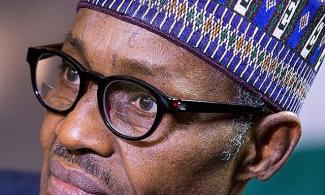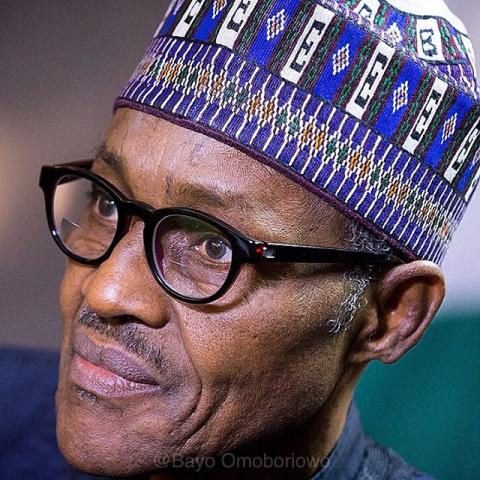
In an opinion piece published by the Wall Street Journal, President Muhammadu Buhari outlined three changes Nigeria must undergo in order to overcome the challenges the country faces.
Mr. Buhari attributed the majority of the country’s woes to its overdependence on oil. While oil helped make Nigeria the largest economy on the continent, it also gave rise to corruption and inefficiency, according to the president. When the price of oil fell globally, the Nigerian economy explicably suffered.
In the face of high unemployment and inflation rates, Mr. Buhari offered three changes that could stimulate inclusive growth in Nigeria.
According to the president, the Nigerian government needs to restore the trust of citizens in order to get the economy back on track.
“The anticorruption fight is at the heart of combating poverty and improving security,” Mr. Buhari said.
He explained that his government has improved the enforcement of anticorruption laws and has called on foreign governments to help recover funds that were stolen by previous administrations and stored overseas.
Mr. Buhari, however, cautioned, “Fighting corruption is not enough. We need an accountable government and a public service sector that can do more with less.”
Towards this end, the Buhari administration has consolidated all government finances into a single treasury account, which allows the government to better monitor spending. His government has also implemented “zero-based budgets and benchmarks targeted at waste and fraud.”
The second change Nigeria needs is a rebalancing of its economy.
“In a world of lower oil prices and dollar revenues, the only sustainable path is to reduce Nigerians’ overreliance on imports,” Mr. Buhari said.
In order to do so, he said that Nigeria should empower entrepreneurs and producers to provide products and services that are in local demand.
Additionally, Nigeria should seek to increase its supply of foreign exchange by increasing productivity and exports and “improving the investment climate and ease of doing business.”
Mr. Buhari explained that Nigeria’s job growth would be led by the private sector. Therefore, the government is “doing its part to lower taxes on small businesses, eliminate bureaucracy to bring the informal out of the shadows, and provide development funding for priority sectors such as agriculture.”
Finally, the president emphasized the importance of attracting investment in domestic industries and infrastructure to help boost the Nigerian economy.
“Investment in our power infrastructure, restructuring the state-run oil-and-gas sector, and development of other industries such as solid minerals, metals and petrochemicals will help create a virtuous circle of growth and exports while creating jobs and reducing poverty,” he said.
Mr. Buhari concluded his piece by citing the pushback of Boko Haram as one of the greatest achievements of his government, saying that economic progress is not possible without peace and security.
“We cannot improve living conditions and restore fiscal health without making people feel safe and secure – just as we cannot defeat militancy without reducing poverty and dislocation,” he said.
“What we do in the next three years to build an economic bridge to Nigeria’s future will be just as important for bringing lasting peace and prosperity.”
